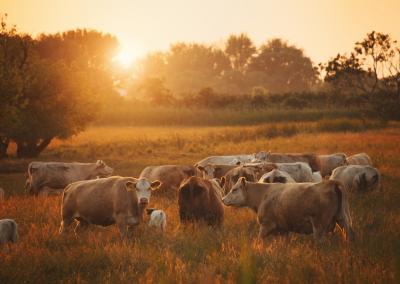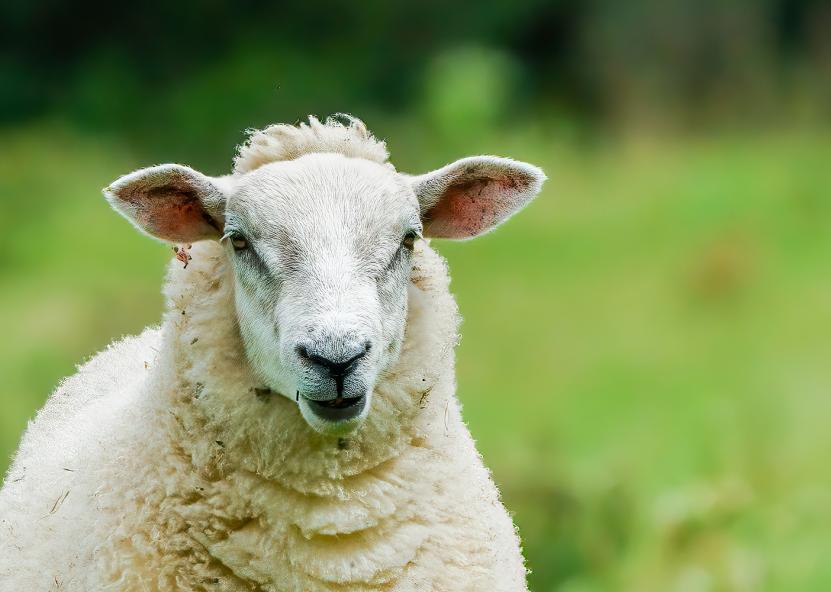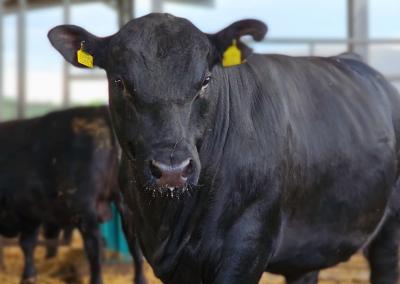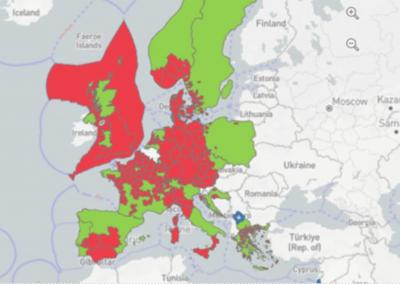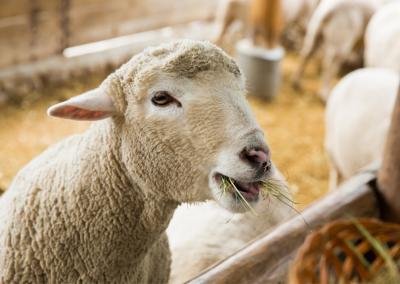Events with some farm animals suspended indefinitely
As of mid-March, all facilities with farm animals, such as pigs, sheep, goats, alpacas, llamas and cattle (cows and bulls), have been banned in Lithuania for an unlimited period. In Kėdainiai, however, it seems that only one farm may be slightly affected by such restrictions.
Disease outbreak – abroad
The State Food and Veterinary Office has taken the decision to ban events with animals due to the fact that outbreaks of foot-and-mouth disease in Germany and Hungary are still active and difficult to contain. The disease is highly contagious.
„Foot-and-mouth disease is highly contagious, with the greatest risk of spread through animal movements, infected animals, people who have been in contact with the disease, or animal products from hazardous areas.
Since it is not possible to trace visitors at exhibitions to ensure that they have not been in infected countries and have not been in contact with sick animals, it has been decided to prohibit events with cloven-hoofed animals as one of the necessary measures to prevent the spread of the disease.
We also remind farmers to be responsible for safety: only purchase animals with veterinary certificates, quarantine animals for 21 days, limit access of unauthorised persons to the farm, ensure biosecurity measures and permanent disinfection, urges Vaidotas Kiudulas, Chief Veterinarian of the Republic of Lithuania.
Farmers and animal keepers are urged to strictly observe biosecurity measures, closely monitor the health status of their animals and immediately contact veterinary specialists if they suspect a disease. For all up-to-date information on infectious diseases in animals, please click here.
Education of cattle by one farm
Kėdainiai Tourism and Business Information Centre points out that the only organic farm in our region is the farm of V. and V. Živatkauskas, where cows and oxen are raised.
Therefore, education and recreational visits to this farm will no longer be possible.
There are no farms in Kėdainiai that breed llamas or alpacas and provide public access to them, nor are there any events or education with sheep or goats.
Educations and events with horses are allowed.











































